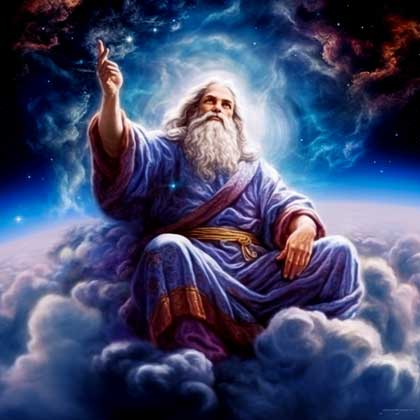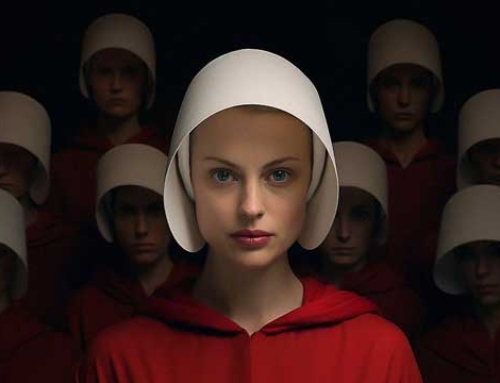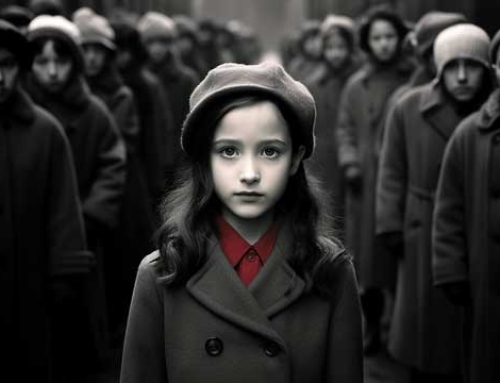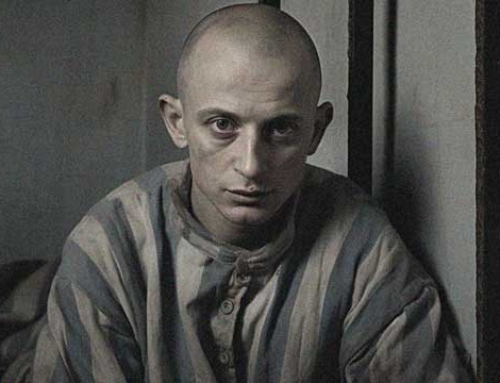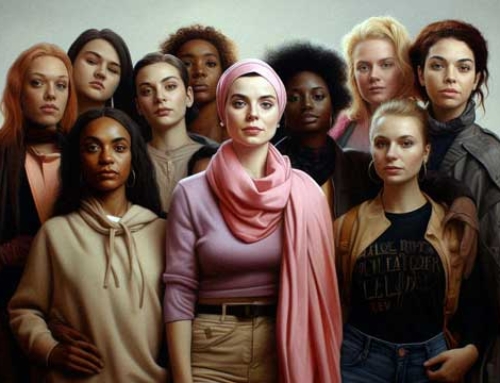In our previous blog post, “Universal Declaration of Human Rights: A Journey Through Time,” we delved into the origins and evolution of human rights. Today, we’re zooming in on women’s rights and how they intersect with the three major world religions: Christianity, Islam, and Judaism.
Women’s Rights and Religion: A Delicate Relationship
It’s key to grasp that world religions and culture often go hand in hand. While the Universal Declaration aims for equal rights for all, religious interpretations can sometimes clash with these ideals. However, this doesn’t mean all believers follow these strict interpretations. In fact, many believers fully respect women’s rights.
Christianity and Women’s Rights: A Tangled Tale
Christianity, one of the world’s largest religions, has a rich and varied history when it comes to the treatment and perception of women. While many Christian communities and denominations fully respect women and promote their rights, there are some beliefs and practices within certain Christian groups that might conflict with the Universal Declaration of Human Rights.
For instance, some Christian denominations refuse to allow women to take on leadership roles within the church. This could be seen as a violation of Article 21 of the Universal Declaration, which states that everyone has the right to take part in the government of their country, directly or through freely chosen representatives. By denying women these leadership roles, they’re being denied a voice and influence within their religious community.
Another example is the stance of some Christian groups towards women’s education. There are communities that believe women should primarily focus on household chores and raising children, and therefore don’t need extensive education. This might conflict with Article 26 of the Universal Declaration, which emphasizes everyone’s right to education.
It’s crucial to highlight that these examples aren’t representative of Christianity as a whole. There are countless Christian communities and individuals who actively champion women’s rights and promote equality in all areas.
Islam and Women’s Rights: Layers Upon Layers
Islam, deeply rooted and far-reaching, has a multifaceted relationship with women’s rights. While many Muslims and Islamic communities hold women in high regard and recognize their rights and dignity, certain practices and interpretations within some Islamic cultures and communities might conflict with the Universal Declaration of Human Rights.
A clear example is the restriction on women’s freedom of movement in some Islamic countries. In places like Saudi Arabia, women were, until recently, prohibited from driving. This limited their ability to move freely and be independent, conflicting with Article 13 of the Universal Declaration, which states that everyone has the right to freedom of movement and residence within the borders of each state.
Another example is the mandatory dress codes for women in some regions, like the compulsory wearing of the burqa or niqab in certain areas. While many believe this is an expression of modesty and faith, it can also be seen as limiting women’s personal freedom and self-expression, potentially conflicting with Article 19 of the Universal Declaration, which emphasizes the right to freedom of expression.
However, it’s vital to understand that Islam is a diverse religion with a wide range of interpretations and practices. Many Muslims and Islamic communities globally actively promote women’s rights, dignity, and equality in both religious and secular contexts.
Judaism and Women’s Rights: A Complex Tapestry
Judaism, one of the oldest monotheistic religions, boasts a rich tradition and history when it comes to the role and status of women. While many Jewish communities and traditions respect women and value their contributions to society and the family, certain practices and interpretations within some Jewish sects might conflict with the Universal Declaration of Human Rights.
One example is the role of women in some Orthodox Jewish communities. In these communities, women might be separated from men during religious services and are not allowed to perform certain religious roles, like reading from the Torah during mixed gatherings. This could be seen as a violation of Article 21 of the Universal Declaration, which states that everyone has the right to participate in the government of their country, directly or through freely chosen representatives.
Another example is the issue of religious divorce in Orthodox Judaism. A woman can only get a divorce if her husband gives her a “get” (divorce document). If he refuses, the woman cannot remarry according to Jewish law. This might be seen as limiting women’s rights and could conflict with Article 16 of the Universal Declaration, which states that men and women have equal rights during marriage and its dissolution.
Yet, it’s important to stress that Judaism is a diverse religion with a wide range of practices and beliefs. Many Jewish communities, especially within the Reform and Conservative movements, actively promote women’s rights and equality in both religious and secular matters.
Faith and Equality in World Religions
Exploring the three major world religions – Christianity, Islam, and Judaism – it’s clear that religion and culture are intricate and deeply intertwined. Each of these religions has its unique history and traditions, and within each, there’s a spectrum of interpretations and practices.
It’s vital to acknowledge that while there might be practices within certain communities and sects that could conflict with the Universal Declaration of Human Rights, countless believers and communities, across all world religions, actively promote women’s rights and dignity. These communities recognize women’s value and contributions and strive for a world where everyone is equal and treated with respect.
In our modern world, where the call for equality and justice rings louder than ever, it’s essential to come together, regardless of religious or cultural backgrounds. Through dialogue, understanding, and collaboration, we can create a world where women’s rights aren’t just recognized but celebrated. All while respecting the major world religions.

